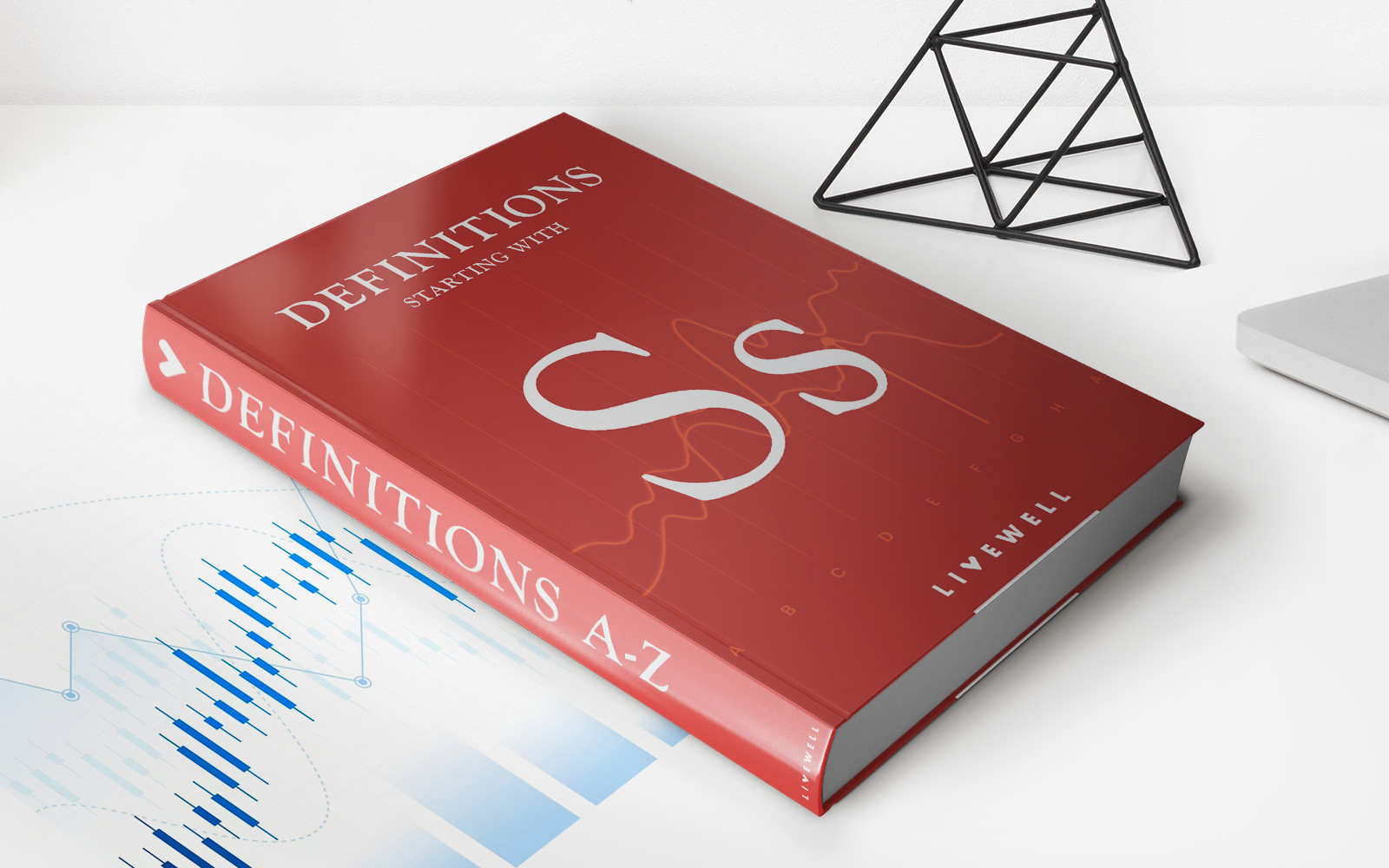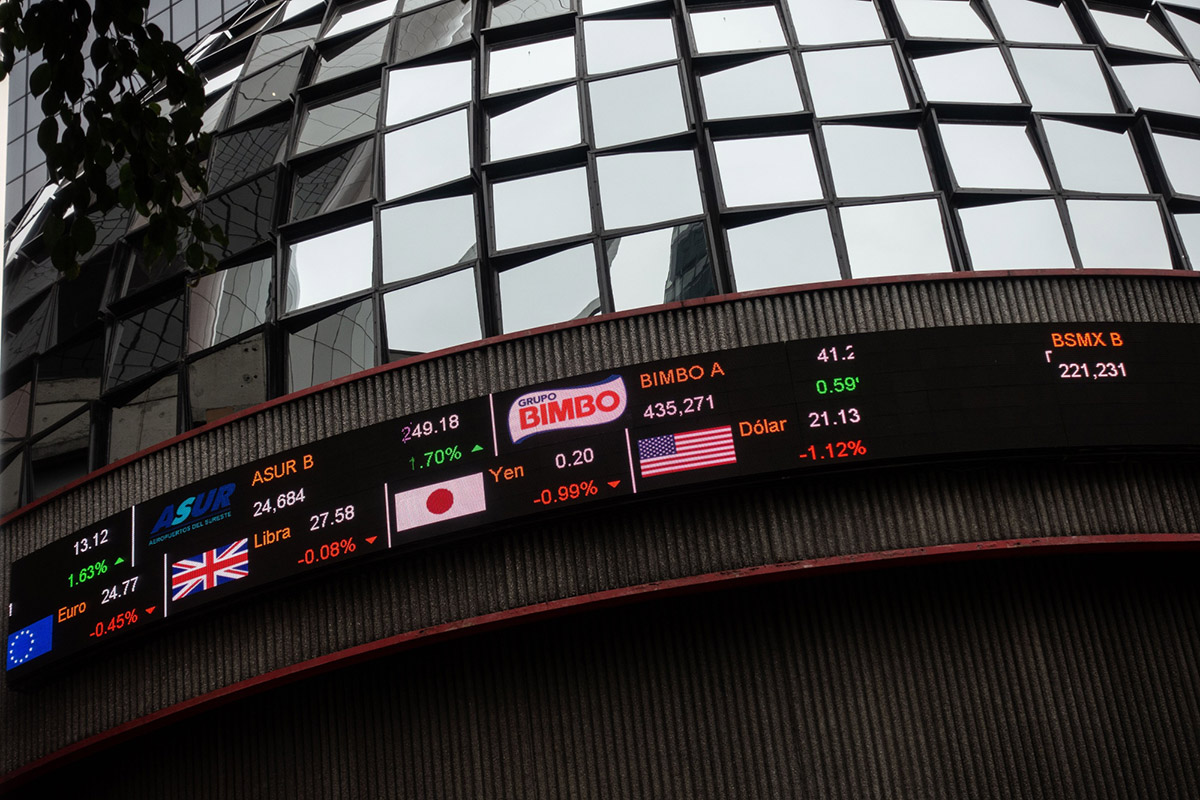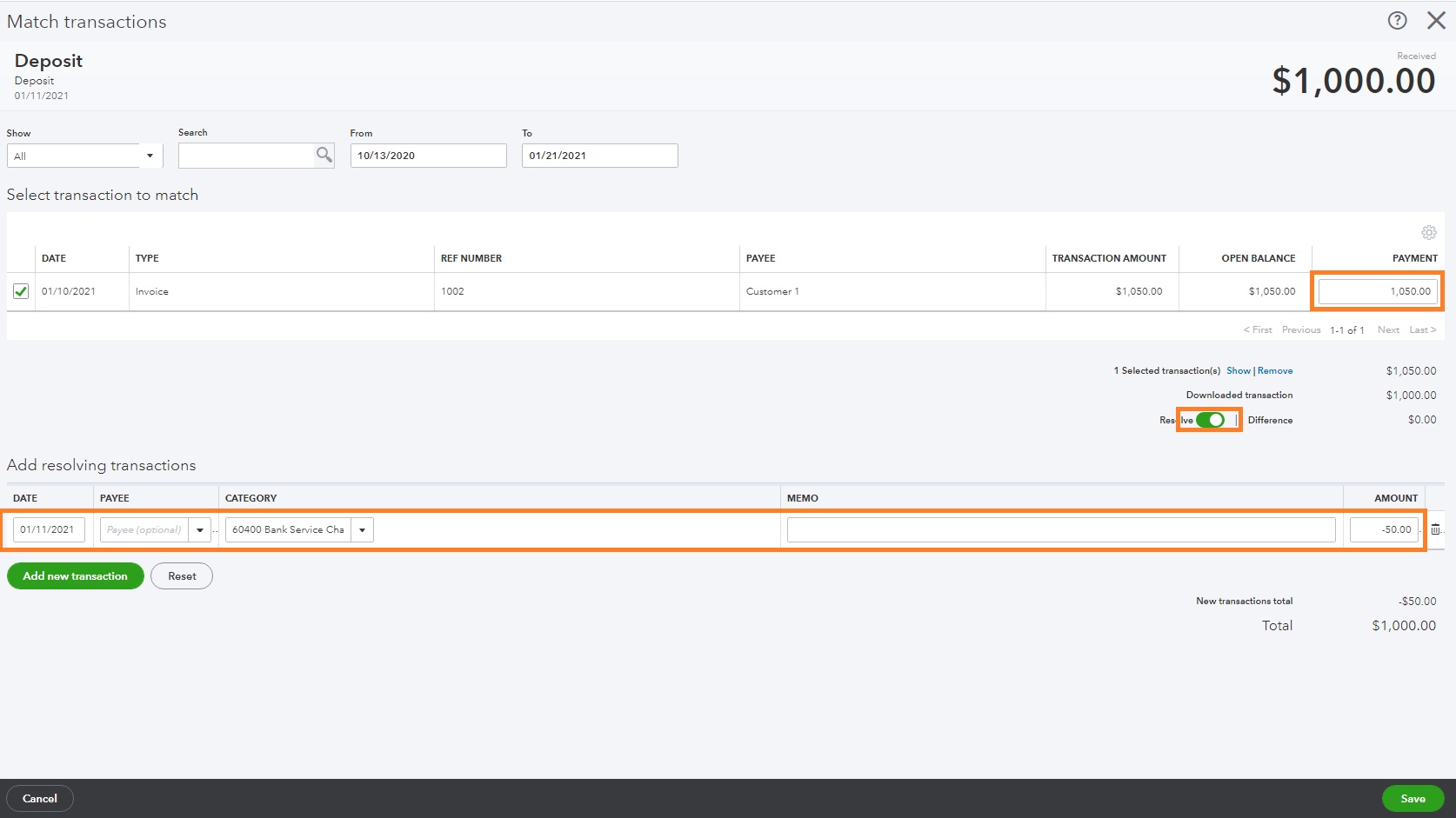Home>Finance>What Is A Floor Trader? Definition, Role In Markets, Requirements


Finance
What Is A Floor Trader? Definition, Role In Markets, Requirements
Published: November 25, 2023
Discover the role of a floor trader in the finance industry, including their responsibilities, qualifications, and impact on the markets.
(Many of the links in this article redirect to a specific reviewed product. Your purchase of these products through affiliate links helps to generate commission for LiveWell, at no extra cost. Learn more)
What Is a Floor Trader? Definition, Role in Markets, Requirements
When it comes to the world of finance, there are several key players who work behind the scenes to ensure smooth operations in the markets. One such player is the floor trader. In this blog post, we will dive into the definition of a floor trader, explore their role in the markets, and discuss the requirements to become one.
Key Takeaways:
- A floor trader is an individual who executes trades on the floor of a stock or commodity exchange.
- They play a crucial role in ensuring liquidity in the markets and facilitate the buying and selling of securities or commodities.
Definition
A floor trader, also known as a pit trader, is an individual who works on the floor of a stock or commodity exchange. Their primary responsibility is to execute trades on behalf of clients, which can include institutional investors, hedge funds, or individual traders. Unlike electronic traders who use computers to place trades, floor traders operate in the traditional open outcry system, where they use hand signals and verbal communication to convey trading information.
Role in Markets
The role of a floor trader is vital in maintaining liquidity in the markets. Here are some key functions they perform:
- Executing Trades: Floor traders execute buy or sell orders on the exchange floor as directed by their clients. Their ability to quickly and accurately execute these trades helps to ensure efficient market operations.
- Providing Market Information: Floor traders act as a valuable source of market information for their clients. They are constantly monitoring market conditions, price movements, and other relevant factors to provide real-time insights.
- Facilitating Price Discovery: As floor traders interact directly with other traders on the exchange floor, they play a crucial role in price discovery. By actively participating in the trading process, they contribute to the determination of fair market prices.
- Assessing Risk: Floor traders need to assess the risk associated with executing trades, considering factors such as market volatility and order size. Their expertise allows them to make informed decisions to mitigate potential risks.
Requirements to Become a Floor Trader
Becoming a floor trader requires a specific set of skills and qualifications. Here are some of the common requirements:
- Education: Most floor traders have a bachelor’s degree in finance, economics, or a related field. While a degree is not always mandatory, it can enhance your understanding of financial markets and trading strategies.
- Experience: Prior experience in the financial industry, such as working as a broker or analyst, can be beneficial. This industry experience helps in developing a solid foundation and understanding of market dynamics.
- Registration and Licensing: Floor traders are required to obtain necessary licenses and registrations as per regulatory requirements. This ensures compliance with the relevant laws and regulations governing trading activities.
- Strong Analytical Skills: Floor traders must possess excellent analytical skills to assess market trends, make quick decisions, and identify profitable trading opportunities.
- Ability to Handle Pressure: Trading can be a high-pressure environment, requiring the ability to make split-second decisions and manage stress effectively.
In conclusion, floor traders play a significant role in the financial markets, providing liquidity and contributing to efficient market operations. Their ability to execute trades swiftly and accurately, along with their market insights, makes them valuable assets to traders and investors alike. If you are passionate about finance, have strong analytical skills, and thrive in a fast-paced environment, a career as a floor trader may be worth exploring.














